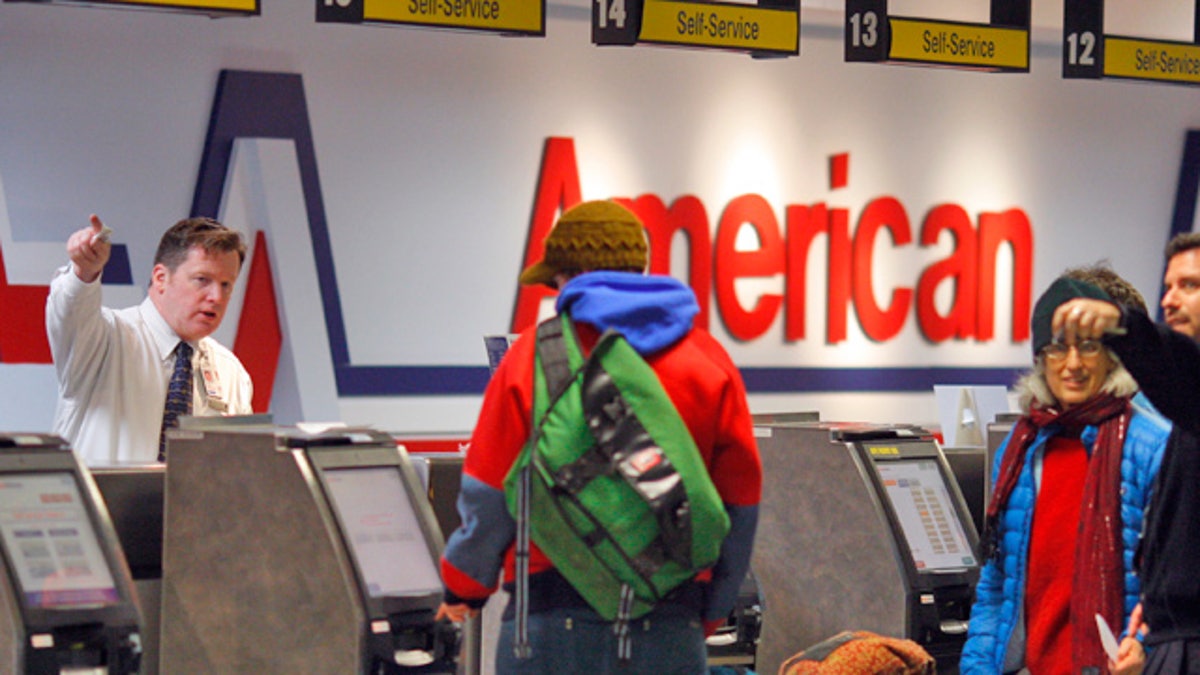
(Reuters)
If one organization gets its way, it will become illegal for airlines to charge travelers for their first checked bag.
The U.S. Travel Association is urging the federal government to make it illegal for airlines to charge passengers for the first bag they check when traveling. According to the organization, the effort is a push to streamline the Transportation Security Administration’s screening process and make air travel safer.
In a report released earlier this month, the UTSA claims this measure will reduce security wait times and improve the travel experience for all passengers. Executive Vice President of the USTA Geoff Freeman said the USTA’s panel looked at the security process and believes it has become less efficient due to the amount of bags travelers are now carrying on.
“You can’t ignore the role of baggage fees in driving too much baggage through that checkpoint,” he said. “We need to align incentives, and right now it’s aligned to overwhelm the TSA checkpoint. It’s not a winning situation for anyone.”
Freeman said if the industry becomes more consumer-friendly, the doors are opened for job creation and economic growth.
“There are billions of dollars at stake here,” Freeman said. “We know that right now fewer people are traveling because of hassles with security screenings and prices. This is critical for creating jobs and stimulating the economy—that is where our focus needs to be.”
Jean Medina, spokesperson for the Air Transport Association, which represents major airlines, said that government should have no role in deciding how airlines scale their pricing.
Furthermore, streamlining security is the responsibility of the TSA, Medina said.
“We think airlines should be able to determine how to price their products and services,” Medina said. “It’s a bit ridiculous for one association to recommend how to price another’s products and services.”
Customers are the ones who should have choices available to them on pricing, without government intervention, she said.
“The consumer has been the ultimate benefactor from that, with historically low airfare,” Medina said. “The government doesn’t need to weigh in on what services should and shouldn’t be provided in a deregulated industry. When the consumer has the choice, the consumer wins.”
The USTA has heard complaints from “thousands” of travelers, Freeman said, and it plans to continue with significant lobbying efforts to get this fee waived.
“Reform is necessary, and it can be done in a way that doesn’t harm the security process,” he said. “Those who want to suggest that we have to accept the system the way it is, well we don’t buy that.”
